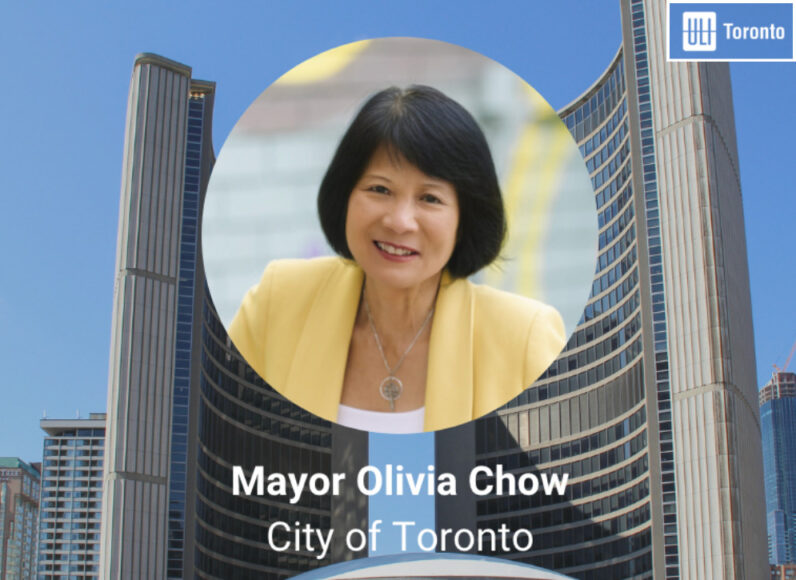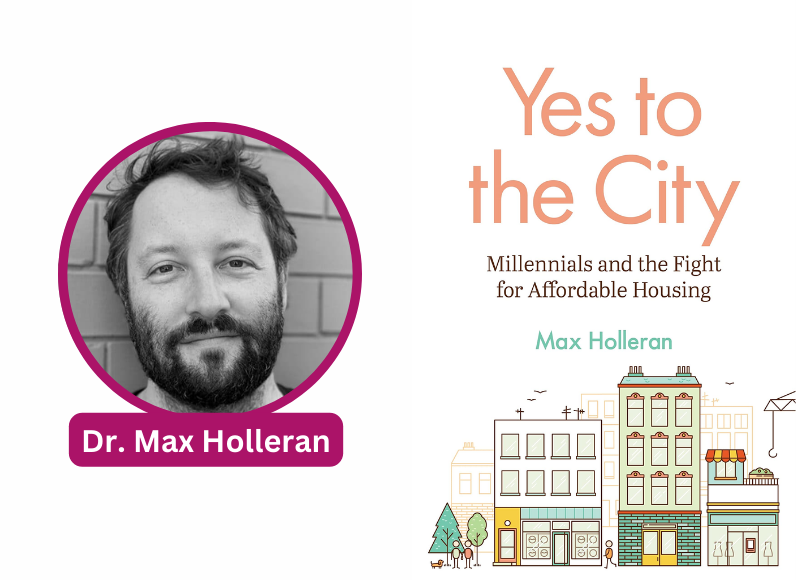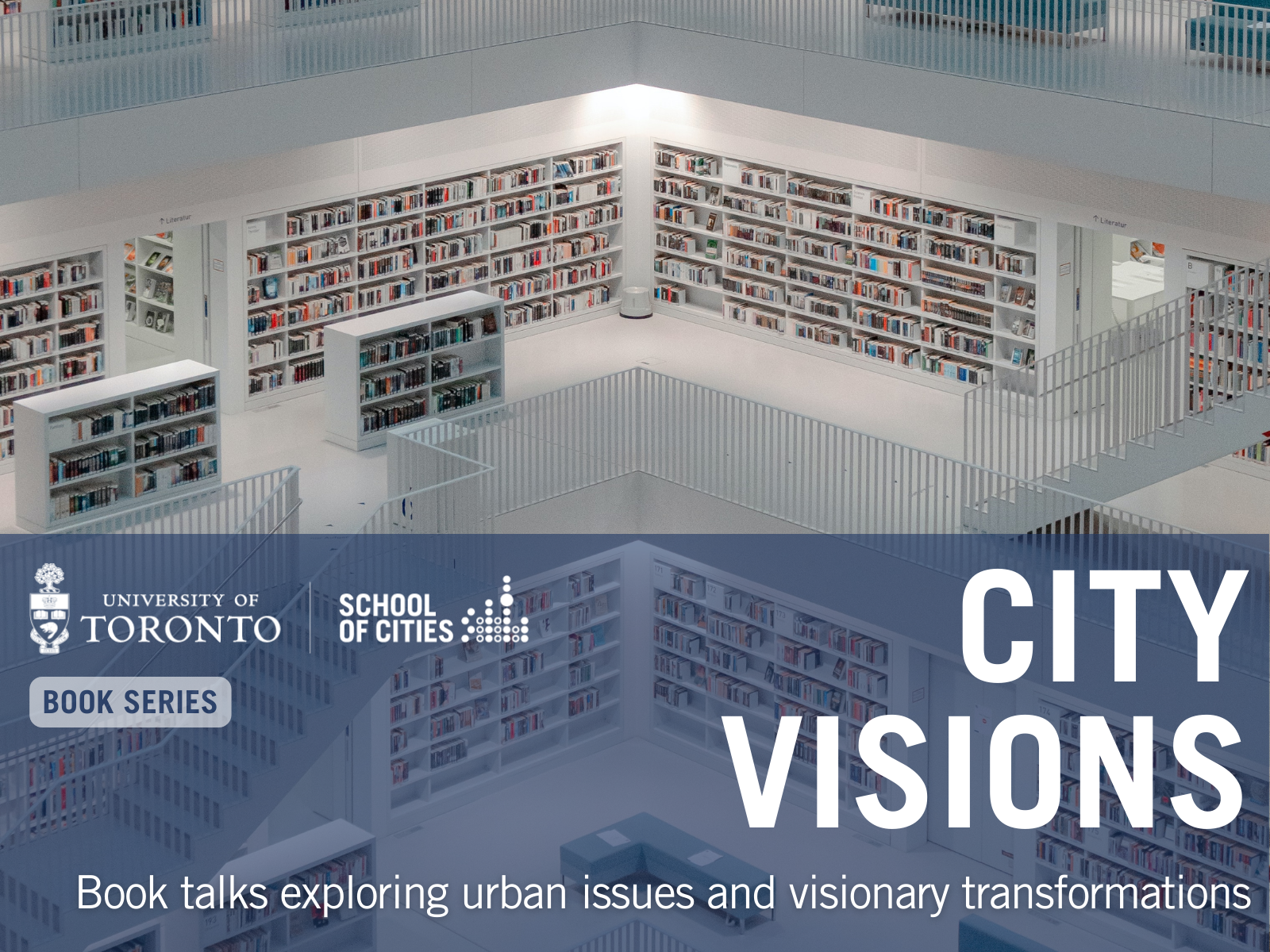The largest payments people make monthly are housing expenses. Everyone needs a place to lay their head. This is most apparent in larger cities in which rising housing costs are causing many people to wonder if they will be able to afford to stay in their homes. Many countries have tried to address housing affordability by providing subsidized housing units or financial assistance to those who cannot pay their monthly housing expenses on their own. Typically, these units are managed by a local government agency. Because the government serves as the landlord and its legacy of racist housing practices, many have questioned whether or not the government should supply housing for those who cannot afford it. Given the stark connection with class status and other forms of structured disadvantage, it is not surprising that this debate is ongoing even in the face of rising housing costs and subsequent processes of dispossession and displacement. Within North America, the two largest government agencies that supply public housing are in New York, NY and Toronto, ON. And while there is a lot of literature on public housing in New York and other large cities around the world, there is little research on Toronto. Given its status as a global city with projections of continued population growth, it is important to understand the dynamics surrounding neighbourhood change and residential stability. This presentation discusses the historiography of housing assistance in the U.S. and Canada including its contentious beginnings and ongoing debates. It also includes recent research on housing assistance, neighbourhood change and residential mobility among housing assistance recipients. It ends with recommendations that promote residential stability and housing justice for all.
Presented by:
Dr. Prentiss Dantzler, Assistant Professor of Sociology









